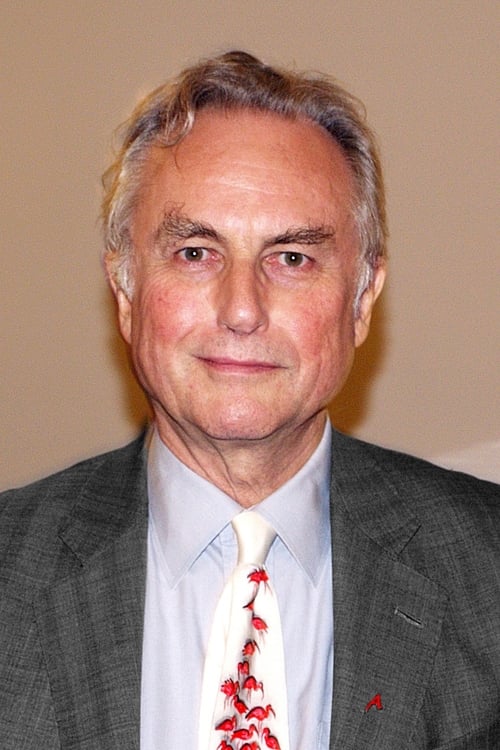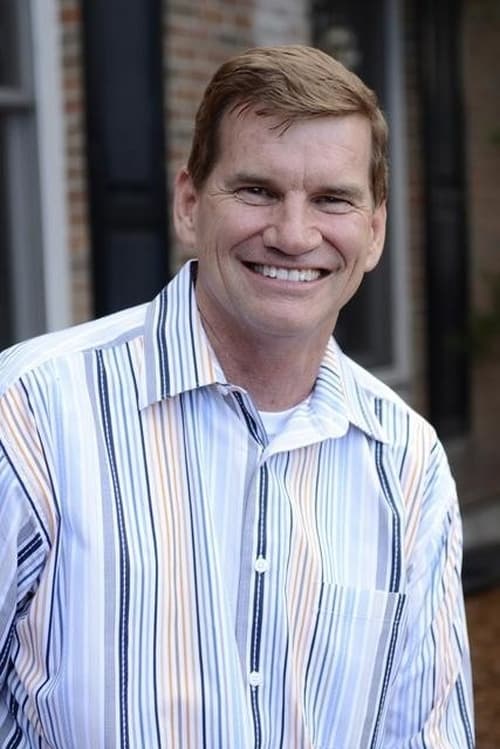
Root of All Evil? (2006)
Genre : Documentary
Runtime : 1H 33M
Director : Russell Barnes
Synopsis
In this two-part Channel 4 series, Professor Richard Dawkins challenges what he describes as 'a process of non-thinking called faith'. He describes his astonishment that, at the start of the 21st century, religious faith is gaining ground in the face of rational, scientific truth. Science, based on scepticism, investigation and evidence, must continuously test its own concepts and claims. Faith, by definition, defies evidence: it is untested and unshakeable, and is therefore in direct contradiction with science. In addition, though religions preach morality, peace and hope, in fact, says Dawkins, they bring intolerance, violence and destruction. The growth of extreme fundamentalism in so many religions across the world not only endangers humanity but, he argues, is in conflict with the trend over thousands of years of history for humanity to progress to become more enlightened and more tolerant.

Katherine Morrissey, a former Christian missionary, lost her faith after the tragic deaths of her family. Now she applies her expertise to debunking religious phenomena. When a series of biblical plagues overrun a small town, Katherine arrives to prove that a supernatural force is not behind the occurrences, but soon finds that science cannot explain what is happening. Instead, she must regain her faith to combat the evil that waits in a Louisiana swamp.

Kris Kringle, seemingly the embodiment of Santa Claus, is asked to portray the jolly old fellow at Macy's following his performance in the Thanksgiving Day parade. His portrayal is so complete that many begin to question if he truly is Santa Claus, while others question his sanity.
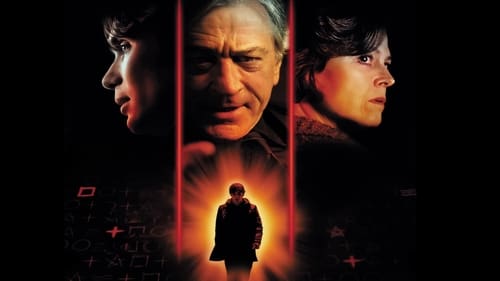
Two investigators of paranormal hoaxes, the veteran Dr. Margaret Matheson and her young assistant, Tom Buckley, study the most varied metaphysical phenomena with the aim of proving their fraudulent origins. Simon Silver, a legendary blind psychic, reappears after an enigmatic absence of 30 years to become the greatest international challenge to both orthodox science and professional sceptics. Tom starts to develop an intense obsession with Silver, whose magnetism becomes stronger with each new manifestation of inexplicable events. As Tom gets closer to Silver, tension mounts, and his worldview is threatened to its core.

A woman tries to exonerate her brother's murder conviction by proving that the crime was committed by a supernatural phenomenon.
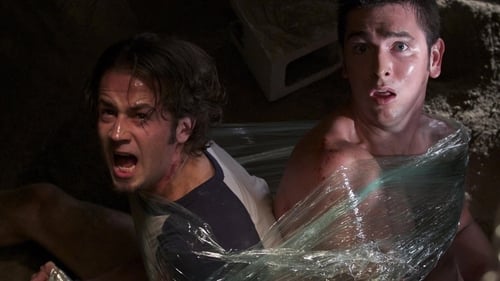
Set in Middle America, a group of teens receive an online invitation for sex, though they soon encounter Christian fundamentalists with a much more sinister agenda.
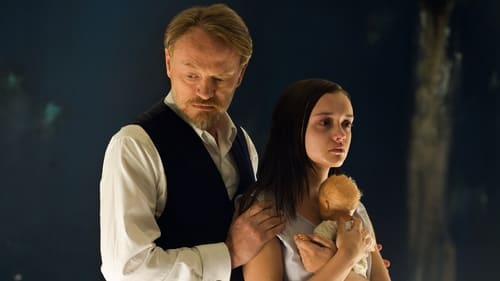
A university student and some classmates are recruited to carry out a private experiment -- to create a poltergeist. Their subject: an alluring, but dangerously disturbed young woman. Their quest: to explore the dark energy that her damaged psyche might manifest. As the experiment unravels along with their sanity, the rogue PHD students, led by their determined professor, are soon confronted with a terrifying reality: they have triggered an unspeakable force with a power beyond all explanation.
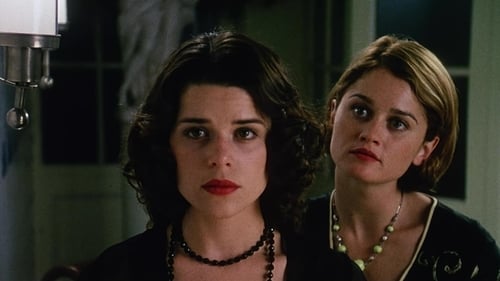
When a scholar is haunted by an overwhelming desire to understand the mystery of sex, he decides to conduct an investigation. With two beautiful assistants joining the case, the stakes are raised.
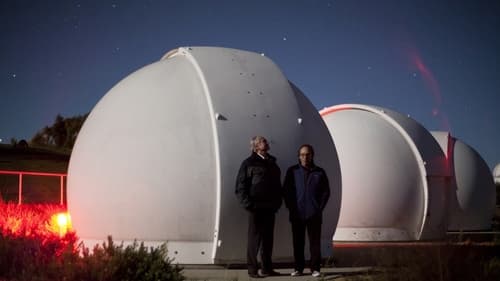
Scientists Richard Dawkins and Lawrence Krauss travel the globe promoting a scientific worldview and the rational questioning of religious belief.

In this two-part Channel 4 series, Professor Richard Dawkins challenges what he describes as 'a process of non-thinking called faith'. He describes his astonishment that, at the start of the 21st century, religious faith is gaining ground in the face of rational, scientific truth. Science, based on scepticism, investigation and evidence, must continuously test its own concepts and claims. Faith, by definition, defies evidence: it is untested and unshakeable, and is therefore in direct contradiction with science. In addition, though religions preach morality, peace and hope, in fact, says Dawkins, they bring intolerance, violence and destruction. The growth of extreme fundamentalism in so many religions across the world not only endangers humanity but, he argues, is in conflict with the trend over thousands of years of history for humanity to progress to become more enlightened and more tolerant.

“In God We Teach” is the story of Matthew LaClair, a student at Kearny (NJ) public high school who secretly recorded his history teacher, David Paszkiewicz in class, and accused him of proselytizing for Jesus.

Documentary written and presented by scientist Richard Dawkins, in which he seeks to expose "those areas of belief that exist without scientific proof, yet manage to hold the nation under their spell", including mediumship, psychokinesis, acupuncture, and other forms of alternative medicine.
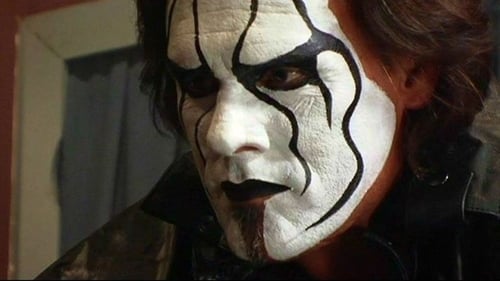
A biographical film about professional wrestler Steve Borden, otherwise known as Sting.

A priest stationed in Tipperary, Ireland, is eager to return to Rome. Told he cannot do so until he has raised enough money for the building of a new church, he decides to open a cinema in the local town.

Does hell exist? If so, who ends up there, and why? Featuring an eclectic group of authors, theologians, pastors, social commentators and musicians, HELLBOUND? is a provocative, feature-length documentary that looks at why we are so bound to the idea of hell and how our beliefs about hell affect the world we are creating today.

Those TV documentaries you see, and the science experts they feature? Did you know that producers often edit them out of context, and twist their words, to make it seem like they promoted some pop sensationalism instead of the real facts? Science Friction exposes these faux documentaries by name, and gives the scientists a chance to clear the record.

Two obscure film critics host four SF/Horror films: The Thing in the Basement, Illegal Alien, Nightfright, and Dr. Dobermind.

The directors want to shoot a film about a man known as the son of god. But what starts out as a practical joke, extends to become a curious portrait of what could either be a petty fraud or the world’s most secret miracle. A film crew tracks his bizarre pilgrimage as magic and religion, faith and doubt, real and unreal blur and melt to the point that one of the director becomes one of the characters. The film traverses all descriptions, before ending as both an affirmation of faith for the faithless and a criticism of faith for the overly faithful.
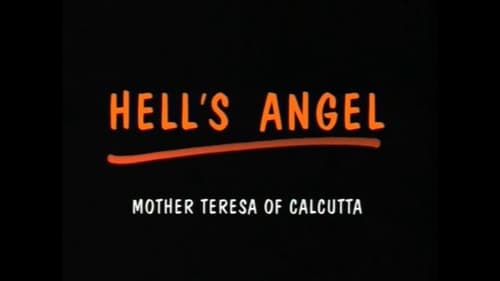
Christopher Hitchens investigates whether Mother Teresa of Calcutta deserves her saintly image. He probes her campaigns against contraception and abortion and her questionable relationships with right-wing political leaders.

In this tragic-comic study of religious hypocrisy, a disreputable cleric convinces villagers that their community is home to a famous holyman's grave.

Principles of Curiosity presents a general introduction to the foundations of scientific skepticism and critical thinking, focusing on a simple process we call the three Cs.

